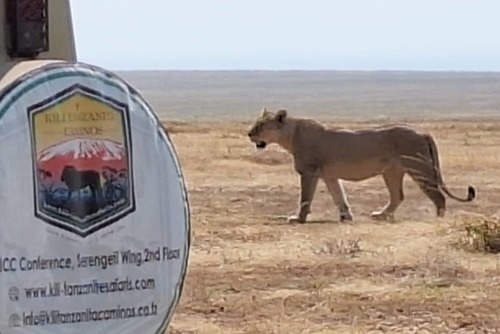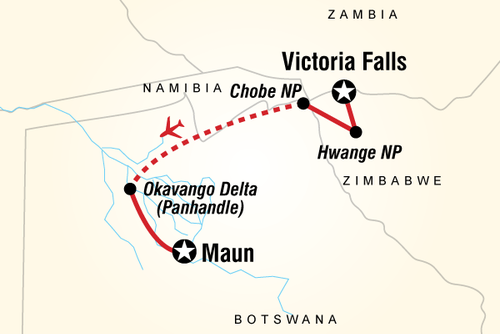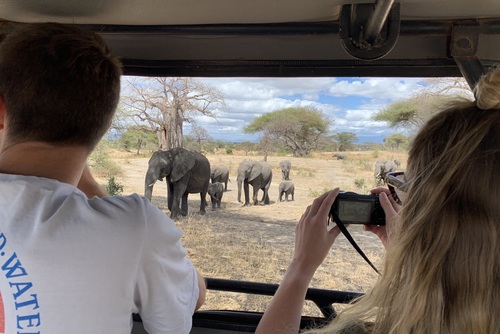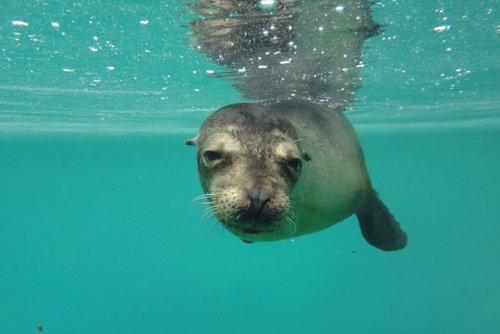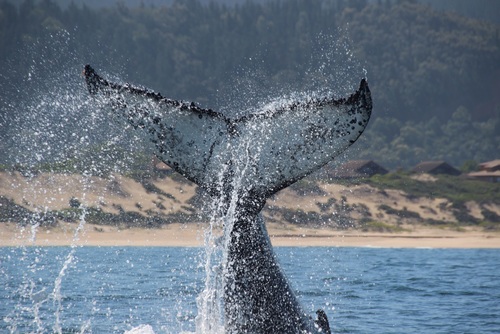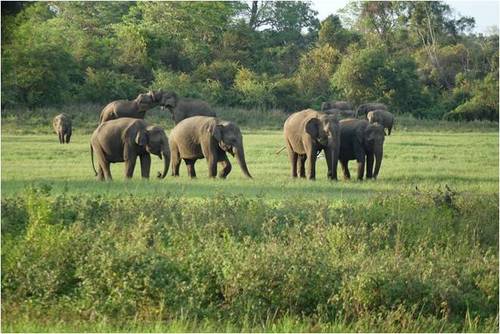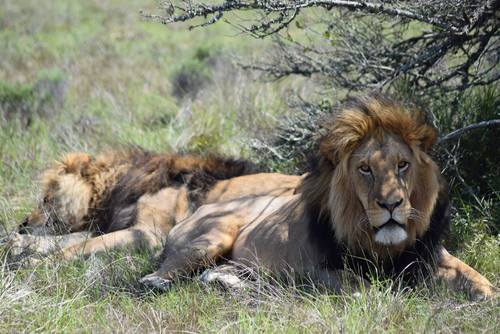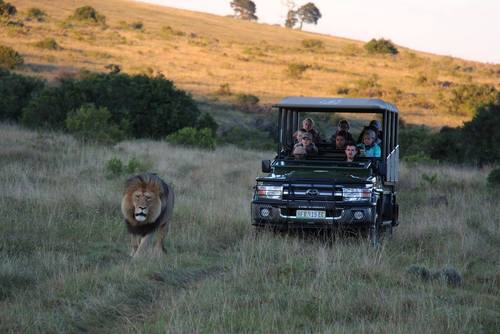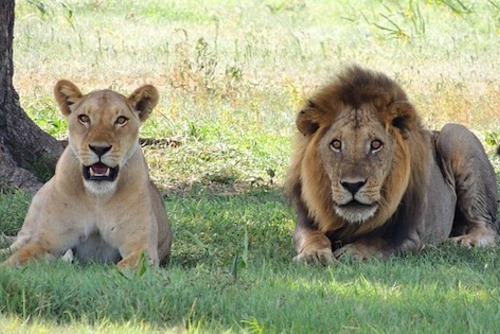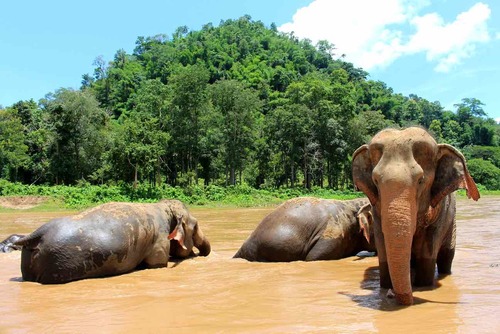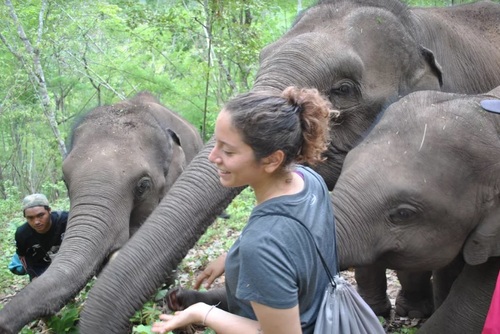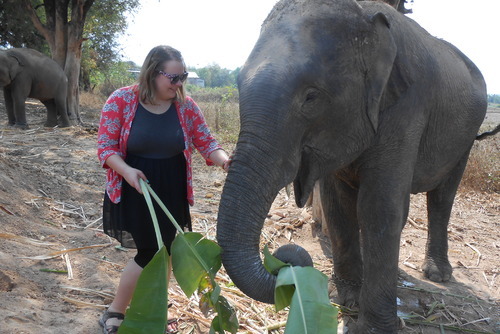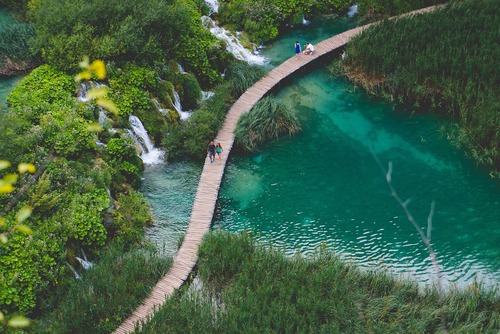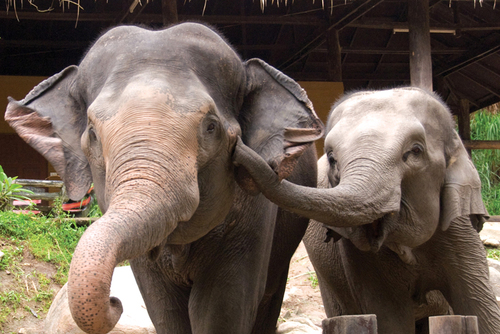Tourism is one of the largest industries in the world and we want people who book trips through our website to ensure they respect local laws, traditions and the people and wildlife they encounter. As a leading travel company who helps thousands of people book trips abroad every year we realise we have a responsibility to promote responsible tourism and we strongly belive in the moto 'take nothing but pictures and leave nothing but footprints'.
Why We Care
Responsible travel is central to our ethos and website creation. At One World 365 we strongly believe that every action, no matter how small can have a positive impact and the benefits of practising responsible tourism to both international travelers and also local people can be huge. We only promote tours, holidays and programs from selected international and local companies which are ethical in objectives and also which aim to help other communities and countries, whilst also maintaining and helping to improve the local environment, nature and wildlife.
Our Aims
- We aim to promote responsible tourism
- We aim to research thoroughly the travel companies who want to be listed with our website
- We aim to develop long-term relationships with travel partners who are not just interested in profit but actually care about the countries they visit
- We aim to encourage ethical wildlife tourism
- We aim to educate travelers about harmful tourism activities like elephant rides, marine shows and lion cub petting programs
- We aim to promote the benefits of recycling and prevent travelers from dropping litter
- We aim to only promote trips which encourage positive cultural exchanges for both the traveler and destination
- We encourage our website visitors to travel in a socially responsible way
How to be a Responsible Traveller
There are no guidelines for traveling abroad, especially when it comes to cultural and wildlife tourism. Most people are totally unaware that the holidays and activities they book have harmful consequences for local people and wildlife. More and more travel operators are now taking a more ethical approach to tourism which is a positive step in the right direction, for example a lot of tour operators like Intrepid Travel have banned elephant treks from their itineraries. Below we share our top tips for being a responsible and ethical traveler which will benefit you, the people you encounter and also harm wildlife and the environment as little as possible.
Before Departing
We recommend researching all companies and trips before departing, read reviews and if you have any questions please contact us
Learn about Other Cultures
Be respectful to other people and cultures. Read up on appropriate dress codes and behaviour
Read up on Local Laws
Be sure to stay on the right side of the law in the countries you visit
Take Only Pictures, leave only footprints
A healthy, safe environment is at the heart of all responsible wildlife travel, so always take home everything you take with you – including batteries, plastic bags and bottles
Don't Buy Ivory
Never get tempted to buy souvenirs made from animal parts no matter how pretty or cool they look. Always ask if for example, the carvings or figure you are interested in is made from ivory and if you have any hesitation just don't. Buying ivory and other animal products helps fuel the killing and trade in wildlife and leads to more animals being captured/killed
Avoid Marine Parks
It is no long accepted that animals like dolphins and ORCA whales should be kept in captivity to perform for human profit. In the wild animals like whales swim hundreds of miles per day and usually live in a pod with other marine life. In the wild they are kept in tiny spaces and forced to perfect shows throughout the year in an unnatural habitat. It is time for this to end
Don't Ride Elephants in Africa/Asia
Riding an elephant sounds amazing doesn't it? Well the reality is very different. Elephants are usually taken from the wild and go through a breaking process when they are beaten and abused to the point they give into human control. They are often kept passive through the use of a bullhook, a sharp object which is used to hit the elephants. Lots of elephants develop bad arthritis or die from working in the tourist industry every year and there are so many incredible wildlife sanctuaries you might want to visit instead
Don't Volunteer on Lion Petting Programs
Over 90% of lion breeding programs in places like South Africa and Zimbabwe sell lions to be shot and killed in canned hunts where wildlife hunters pay to kill the animals. There are lots of ethical volunteer programs in Africa which you can find on our website where you will get to help these magnificent creatures
Avoid Lion Walk Experiences
Many lion walking experiences claim to be helping conservation, but they never release the lions into the wild
Don't Visit Tiger Temples
Tigers and big cats are usually drugged to make them passive to tourist interaction. Getting a photo for Facebook might seem an amazing achievement, but consider is this normal? These beautiful animals belong in the wild
Don't Swim with Dolphins in Captivity
Dolphins don't randomly appear at marine parks, they are usually captured in the wild at places like Taiji in Japan where hundreds of the animals are killed every year
Avoid Selfies/Pictures with Exotic Animals in an Unnatural Habitat
All around the world animals are taken from their natural habitat and used to pose for pictures with tourists to generate money. This is common in cities like Bangkok
Related Pages


